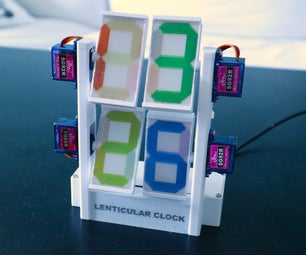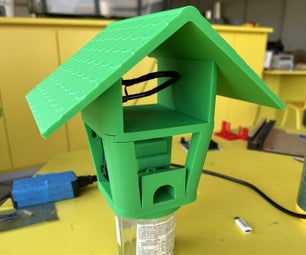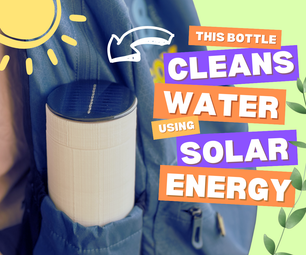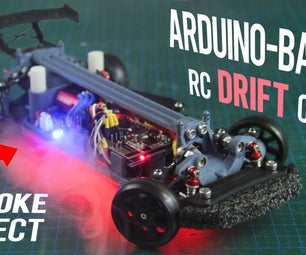Introduction: Mand Labs Episode 16: Beeping a Buzzer
Hello,
To promote Technology literacy around the world, Mand Labs has come up with an exclusive DIY (do-it-yourself) video series on Hands-on Electronics and launched its flagship kit, Mand Labs KIT-1 on Amazon US. Do visit our website www.mandlabs.com for more details.
This video series is all about getting your hands dirty with real world electronic components, understand how each part works, plug them together to build cool projects and applications. You start from simple projects like, glowing an LED, beeping buzzer, controlling lights and slowly advance yourself up to do more interesting and more complex projects including, automatic night lamp, burglar alarm, passing current through body, LED blinker, drawing energy from a dead cell, staircase lighting, dc motor as generator to real world applications including temperature sensor and IR security alarm system.
There is no age bar, however we do recommend for people above 12 years. Using a rich mix of 50+ projects, you start learning about the fundamentals and building blocks of all electronic devices, get into whys and hows, start analyzing the circuits through voltages and currents and suddenly fall into love the simple physics laws. Note that it is not a 101 class. The video series is built for people just like you and me, who believe in simple philosophy of 'Learning by Doing'.
The video covers the following topics in detail:Charge, Battery, Voltage, Current, Resistance, LED, Multimeter, Resistors, Ohm's law, Series and Parallel Combination, Variable Resistors: Potentiometer, Preset and LDR, Switches, Capacitors, Relay, Semiconductors, Diode and Its Types, Digital Logic Gates: NOT, OR, AND, NOT, NAND, Zener Diode, DC Motor, Transistors.
Building things is a great learning experience. We seldom get an opportunity to apply the concepts we learn in our textbooks. After an extensive research for over 40 months, multiple iterations and exhaustive testing, we have compiled a comprehensive list of projects and activities using which anyone can do and learn electronics.
- Happy DIYing











